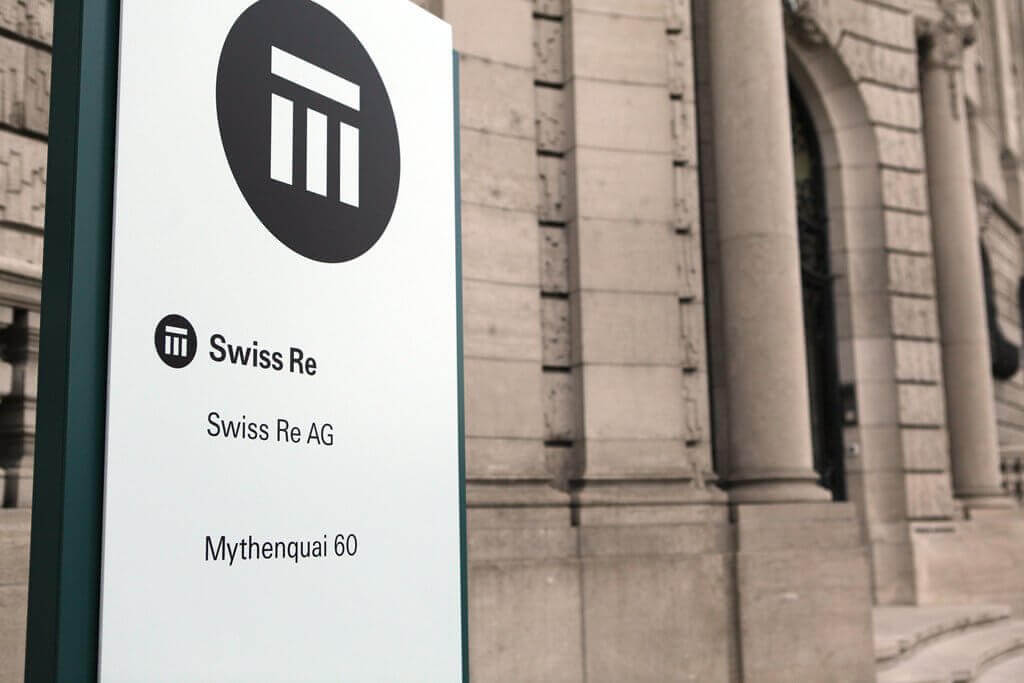
At the reinsurance group Swiss Re, several billion in equity have vanished in the past few months. The management seems to be almost completely helpless in the face of a negative trend.
The reinsurer Swiss Re lost around 9 billion dollars in equity in the first half of the current financial year. That’s around 40 percent of the total if you compare the most recent half-year results with the results as of the end of 2021. The amount of equity rushed accordingly from 23.6 to 14.8 billion dollars down.
The management around Swiss-Re CEO, Christian Mumenthaler, justifies this with two main effects: On the one hand, the group paid out the dividend in the first half of the year, which reduced equity by around 1.8 billion dollars. And on the other hand, developments on the capital markets caused Swiss Re’s equity to shrink by around 7.5 billion dollars.
Effect of accounting rule
The rise in interest rates caused the values of bonds in the reinsurer’s portfolio to fall. These negative effects are accounted for in equity.
The reduction in equity was around $4.9 billion due to losses on government bonds. Around $4 billion went into corporate bonds and $0.5 billion from other assets. This was offset by positive tax effects of around $1.9 billion, so that the bottom line was a reduction in equity of around $7.5 billion.
When asked by the media on Friday, Swiss-Re CFO John Dacey emphasized that these effects on the financial statements were purely accounting. From
an economic point of view and thus, for example, when calculating solvency, they would not have such gigantic negative effects. However, accounting forces the group to report such unrealized losses in equity.
Gloomy future?
However, he referred to additional calculations by the group about the possible effects of a further increase in interest rates and the pre-tax effects would actually be gigantic: an interest rate increase of 100 basis points would shrink Swiss Re’s equity by a further $4.4 billion. At 50 basis points, equity would still be down an additional $2.3 billion.
If you consider that the US Federal Reserve has raised interest rates for the fourth time this year to currently 2.5 percent and that the inflation figures are still hardly responding, the shrinkage in Swiss Re’s equity could well continue because the interest rate level could continue to rise briskly.
From an economic point of view, a rapid rise in interest rates may have little impact on Swiss Re. In terms of accounting, the negative effects would be devastating and the world’s second largest reinsurer would hardly be able to operate with only a few billion dollars of hard equity.
01.08.2022/ena.





A very informative article. I had no idea about this. Well written story.